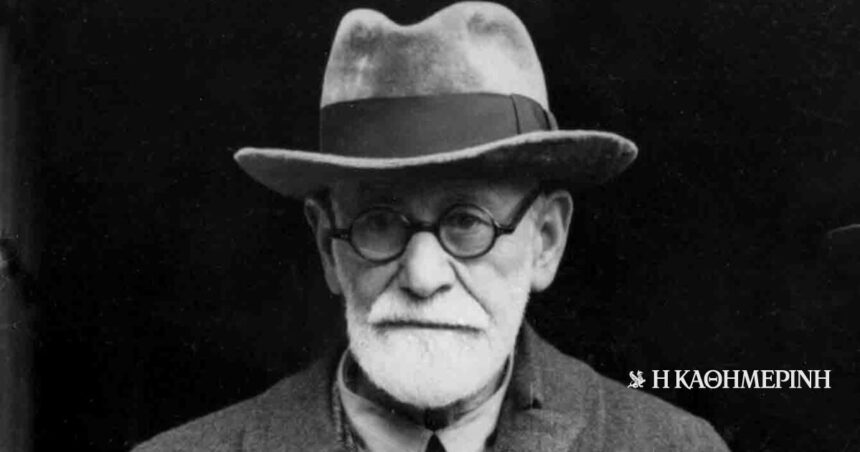THE Sigmund is one of the most influential personalities in her science Psychology. He was born on May 6, 1856 in the town of Pribor, Moravia, then part of the Austrian Empire. His parents were the wool merchant Jacob Freud and Amali Thansson. Four years after Sigmund’s birth, his family first moved to Leipzig and then to Vienna, a city in which he spent most of his life.
In 1873 he enrolled in the Medical School of the University of Vienna, following his desire to be done doctor. During his studies, he showed a special interest in neurology, in which he specialized in a doctoral dissertation. He received his doctorate with excellent diploma in 1881 and four years later he was elected Neuropathology lecturer at the same university. In his career career, Freud discovered his interest in studying human psyche. Together with Joseph Broyer, they published in 1895 “Hysteria studies“, Which is thought to have introduced the method of psychoanalysis.
Of particular interest in Freud’s theories were shown by the staff of the Zurich Psychiatric Clinic.
During the first decade of the 20th century, Freud’s theories attracted the interest of many psychiatrists who began to apply them to their patients. Of particular interest in Freud’s theories was shown by the staff of the Zurich Psychiatric Clinic, led by Professor Eugenios Bloler. At the clinic he worked and the Carl Jungwho in April 1906 began to correspond with Freud, discussing the theories of the latter on psychoanalysis.
During World War I, Freud was isolated by the international scientific community, which had begun to admire his work. On April 24, 1923, he published in German his new study entitled The ego and the same (Das ich und das es)in which he presented a more mature and sophisticated version of his psychoanalytic theory. Freud developed the theory of how human psychology works. According to him, the This It is the most primitive and unconscious part of the soul, controlled by the instinct of survival and pleasure and is not subject to moral or social restrictions. On the contrary, the I It is the conscious and pragmatic dimension of personality, trying to mediate between its impulses and social rules. In terms of Superatedevelops through the internalization of the moral values and rules that one of his parents and society has received and acts as the moral consciousness of the individual.
Shortly after the publication of his radical study, Freud underwent surgery to remove tumor in the oral cavity. In 1938, he was forced to leave Vienna and migrate to London. Being a Jew himself, he was in danger of being arrested by the Nazi regime. Nearly a year after its establishment in London in September 1939, Freud passed away. After his own wish, his body was cremated and his ash was kept in an ancient Greek hydria.
Column: Myrto Katsigera, Vassilis Minakakis, Antigoni-Despina Poumenidou, Athanasios Syroplakis






